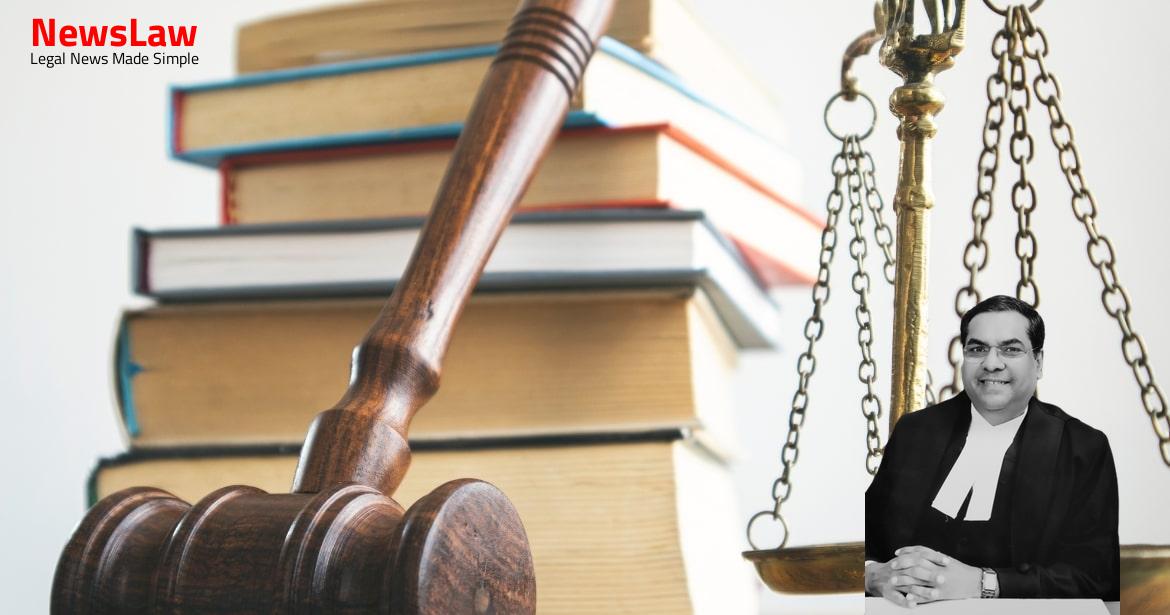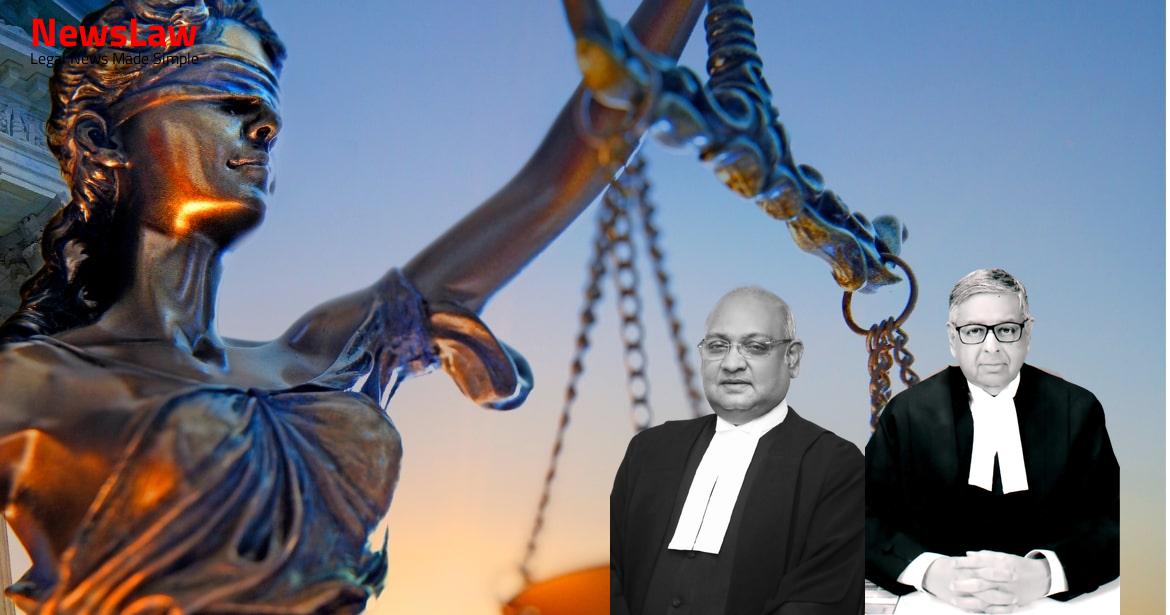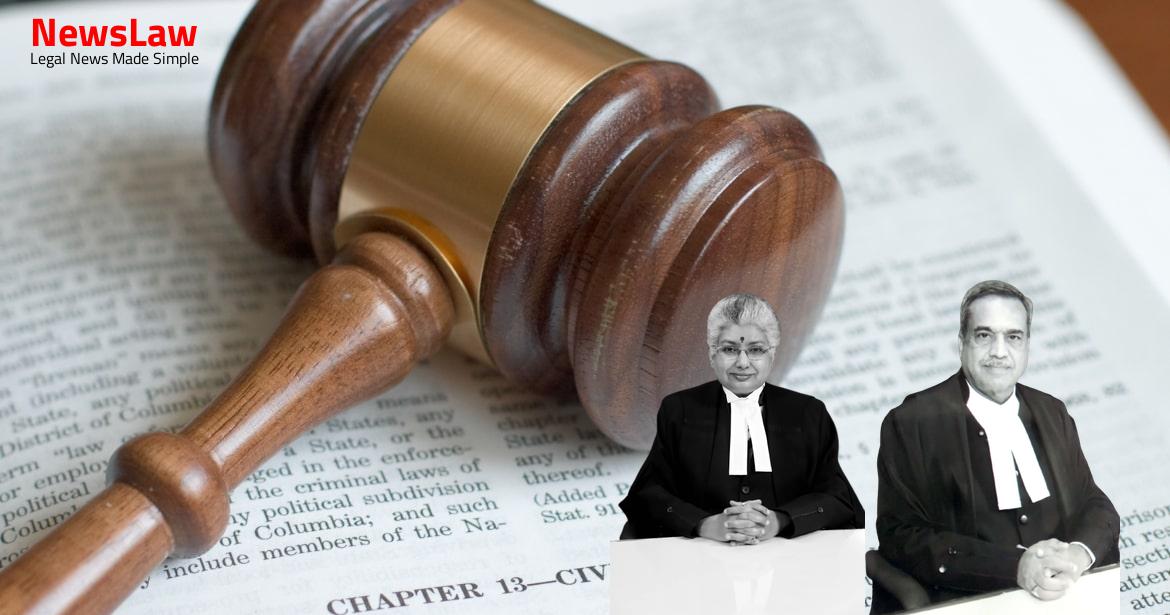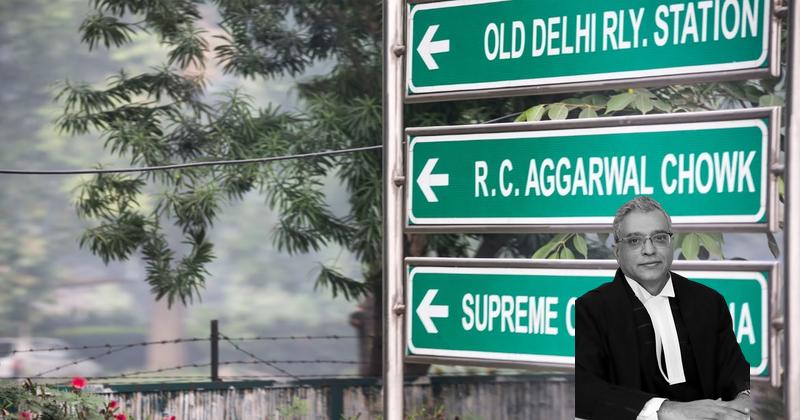Delve into the intricate legal analysis surrounding the maintenance of secrecy in voting as mandated by election laws. The recent case highlights the court’s focus on upholding the fundamental principles of free and fair elections. Uncover the complexities and implications of the court’s decision in ensuring the purity of the electoral process.
Facts
- The Zila Panchayat meeting held on 25 October 2018 had 48 out of 51 members present voting in favor of the Motion.
- Two members voted against the Motion, and one vote was rejected as invalid.
- A total of 64 out of 92 elected members of the Zila Panchayat in Prayagraj, Uttar Pradesh moved the Motion against the Panchayat Adhyaksha, Ms. Rekha Singh, on 1 October 2018.
- The District Judge in Allahabad nominated the Additional District Judge to act as the Presiding Officer for the meeting to consider the Motion.
- The Presiding Officer declared the Motion as passed with a majority of more than half of the total elected members of the Zila Panchayat on the same day.
- The High Court of Judicature at Allahabad set aside the minutes of the Zila Panchayat meeting held on 25 October 2018.
- The decision was based on the violation of the rule of secrecy of ballot by some members during the meeting.
- CCTV footage was used as evidence to show that certain members had displayed their ballot papers or otherwise revealed their votes.
- The violation of secrecy of ballot led to the cancellation of the non-confidence motion approved in the meeting.
- This action was taken under Section 28(8) of the Uttar Pradesh Kshettra Panchayat and Zila Panchayat Adhiniyam, 1961.
Also Read: Analysis of Agency Relationships in Taxation
Arguments
- The Petitioners argued that the impugned judgment did not align with the Court’s previous rulings on the secrecy of voting, emphasizing the importance of secrecy in voting as a fundamental aspect of constitutional democracy.
- They highlighted the principle that the secrecy of the ballot is crucial to ensure voters can cast their votes without fear or favor, as seen in the S. Raghbir Singh Gill case.
- Section 94 of the Representation of the People Act, 1951, was cited to show that voters have the privilege to keep their vote secret, but can choose to disclose it voluntarily.
- The Petitioners contended that the High Court erred in not applying the voluntary waiver principle to the case involving a no-confidence motion in the Zila Panchayat.
- They suggested that the issue of voluntary disclosure in such cases should be examined in the future, citing the need for clarity on important principles.
- Referring to previous cases like Shiv Sena v. Union of India, the Petitioners mentioned the Court’s direction for open ballot voting and video recording to ensure transparency in confidence or trust votes.
- First respondent confident of defeating any motion of no confidence due to support from Zila Panchayat.
- Motion dated 1 October 2018 to be revoted at a meeting of the Zila Panchayat by secret ballot.
- District Judge, Allahabad or nominee to act as the Presiding Officer.
- Revoting to take place within two months.
- Decision considered just and fair given the respective contentions of the parties.
- Question of law left open.
- No costs awarded.
Also Read: Land Auction Dispute Resolution
Analysis
- Rule 4 of the 1966 Rules stipulates that a motion of no confidence shall be put to vote in the prescribed manner by secret ballot.
- Fundamental principle of election law is maintenance of free and fair elections to ensure purity of elections.
- Voter can waive privilege of secrecy by voluntarily disclosing vote without compulsion.
- Court should be slow to apply the doctrine of waiver to prohibitions enacted in public interest, like secrecy of voting.
- Secrecy of voting is for the benefit of voters to enable them to cast votes freely.
- Principle of secrecy can be waived voluntarily by the voter as it is a privilege that can be waived.
- Strict construction of statutory provisions relating to election law is mandated.
- Judicial and tribunal actions in election cases must be based on statutory provisions and not common law or equity principles.
- Detailed analysis of the Uttar Pradesh Kshettra Panchayat and Zila Panchayat Adhiniyam, 1961 and the 1966 Rules is necessary for proper determination of issues.
- Constitutional validity of open ballot system was upheld in Kuldip Nayar v. Union of India case.
- Secrecy of voting is not an absolute principle but a requirement to ensure the purity of elections.
- Rule 7(2) of the 1966 Rules mandates a specified mark on the ballot paper for choice without revealing names.
- The rule prohibits any signature or mark that may breach the secrecy of the ballot.
- Rule 7(3) requires folding the ballot paper to conceal the mark before placing it in the ballot box.
- High Court found violations of Rules 4 and 7, stating disclosure during the non-confidence motion infringed the statutory scheme.
- High Court emphasized the significance of maintaining the secrecy of votes in ensuring pure elections.
- The judgment raises questions on the legality and impact on elections based on individual case circumstances rather than a clear standard.
Also Read: Analysis of Bail Conditions in Criminal Appeal No. INSC 48/2024
Decision
- Senior counsel for the first respondent directed to obtain instructions on a suggestion
- Adjournment of the case to await instructions
- Acceptance of suggestion on a fresh motion of no confidence being moved
- Petitioners object to filing a fresh motion, preferring to consider the previous vote in support
Case Title: LAXMI SINGH Vs. REKHA SINGH (2020 INSC 440)
Case Number: C.A. No.-002638-002639 / 2020



